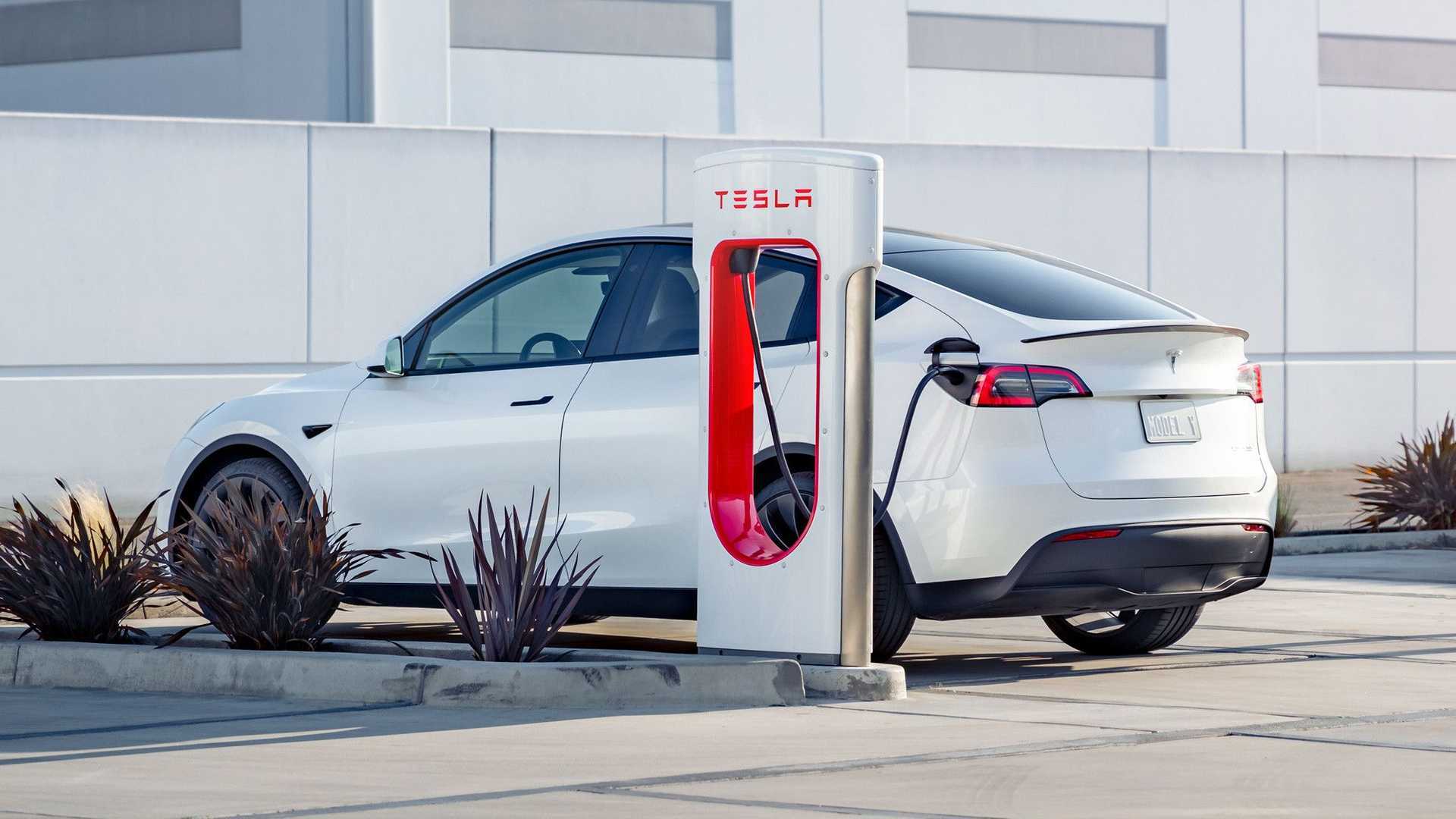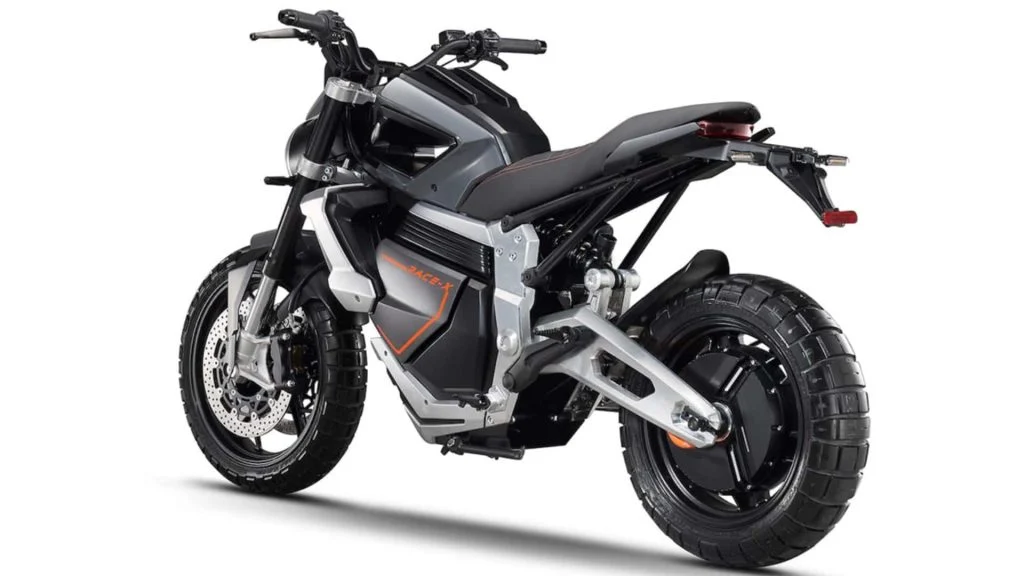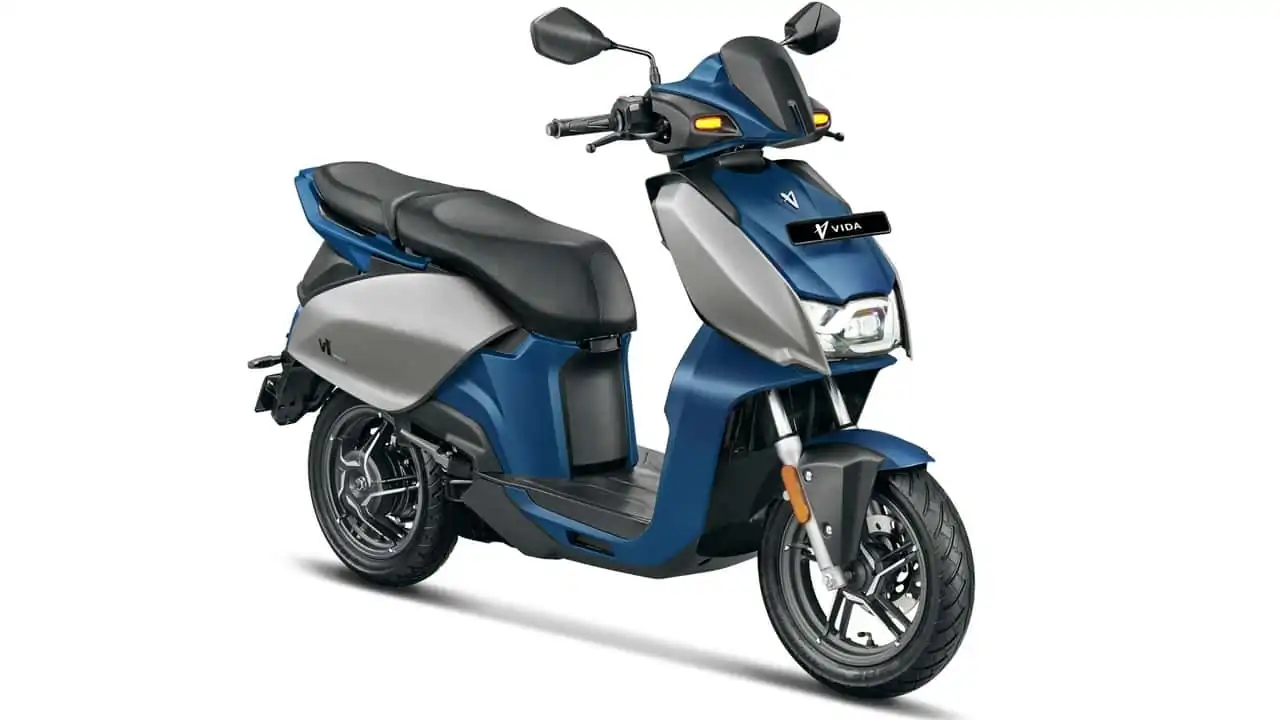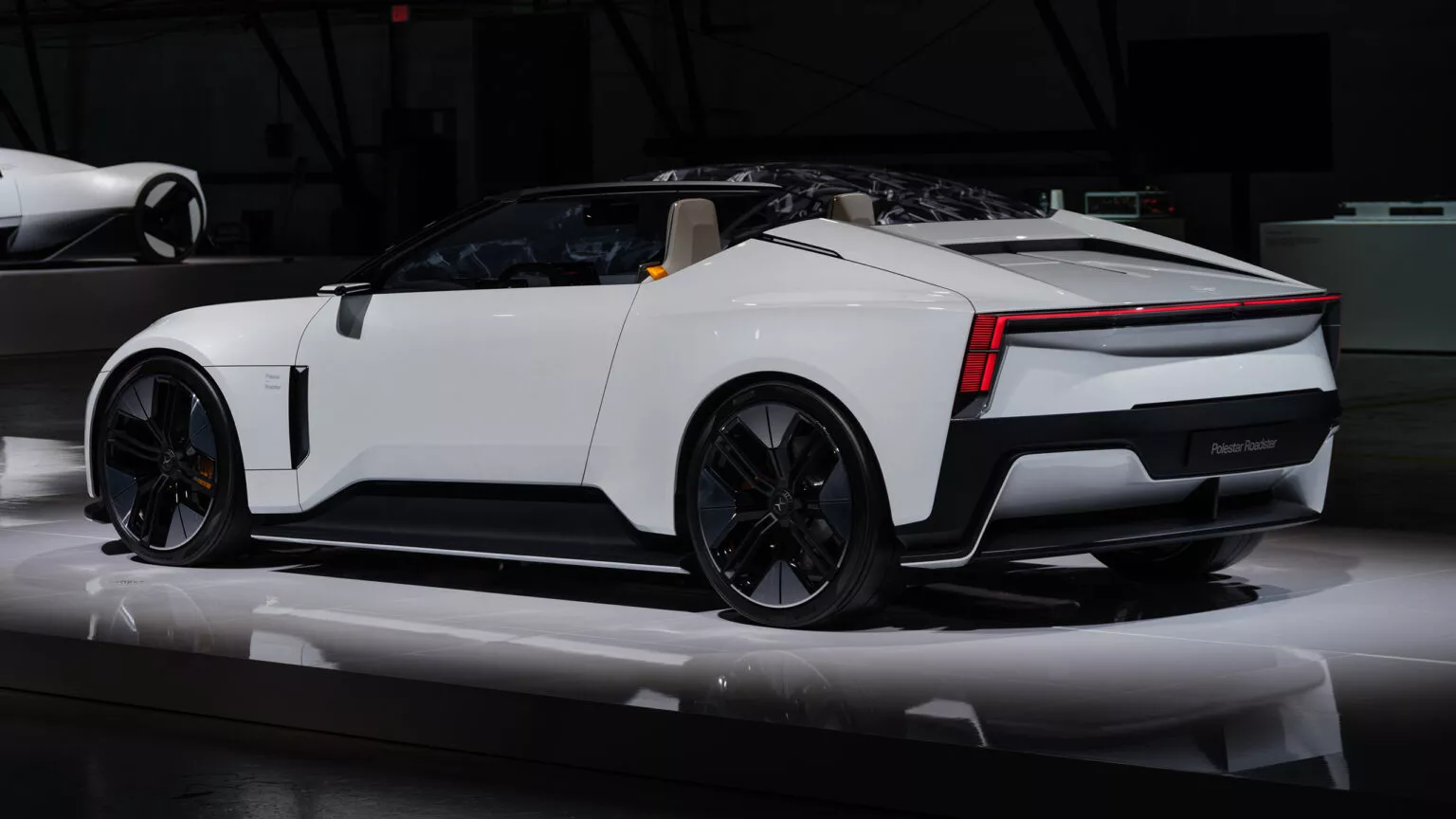Switzerland has announced its decision to terminate the tax exemption for electric vehicles (EVs), with the new policy scheduled to take effect from January 1, 2024. The Swiss Federal Council revealed this move in a press release on Wednesday, stating that EVs will be subjected to a 4 percent import duty, aligning them with other vehicles. The council highlighted that the exemption, in place since 1997, is deemed unnecessary due to the rapid growth in EV adoption.
“The Federal Council takes the view that the exemption from duty as an incentive is no longer necessary, given the sharp rise in the share of e-vehicles in total car imports and the convergence of prices,” states the press release.
The council emphasized the substantial increase in annual EV imports, rising almost sixfold from around 8,000 in 2018 to approximately 45,000 in 2022. In the first half of this year alone, about 30,400 EVs were imported, marking a 66 percent increase compared to the same period last year.
Apart from the surge in EV adoption, the council aims to utilize the additional funds from EV owners to address deficiencies in tax receipts and contribute to the country’s motorway and urban transportation fund.
The release notes a considerable reduction in automobile duties collected due to the rise in EVs, estimating a tax shortfall of approximately CHF 78 million (~$86.7 million) in 2022 and 2023, ranging from CHF 100-150 million (~$111.2 million to ~$166.8 million) respectively.
With the policy change, the council anticipates generating an additional revenue of CHF 2 billion to CHF 3 billion (~$2.22 billion to ~$3.34 billion) between 2024 and 2030.
While the council expressed optimism about the change, some stakeholders, including the Swiss head of the Association of Swiss Automobile Importers, Peter Grünenfelder, voiced discontent. Grünenfelder characterized the decision as “a black day for electric mobility in Switzerland,” emphasizing its contradiction to the government’s set CO2 reduction targets for new vehicles.







